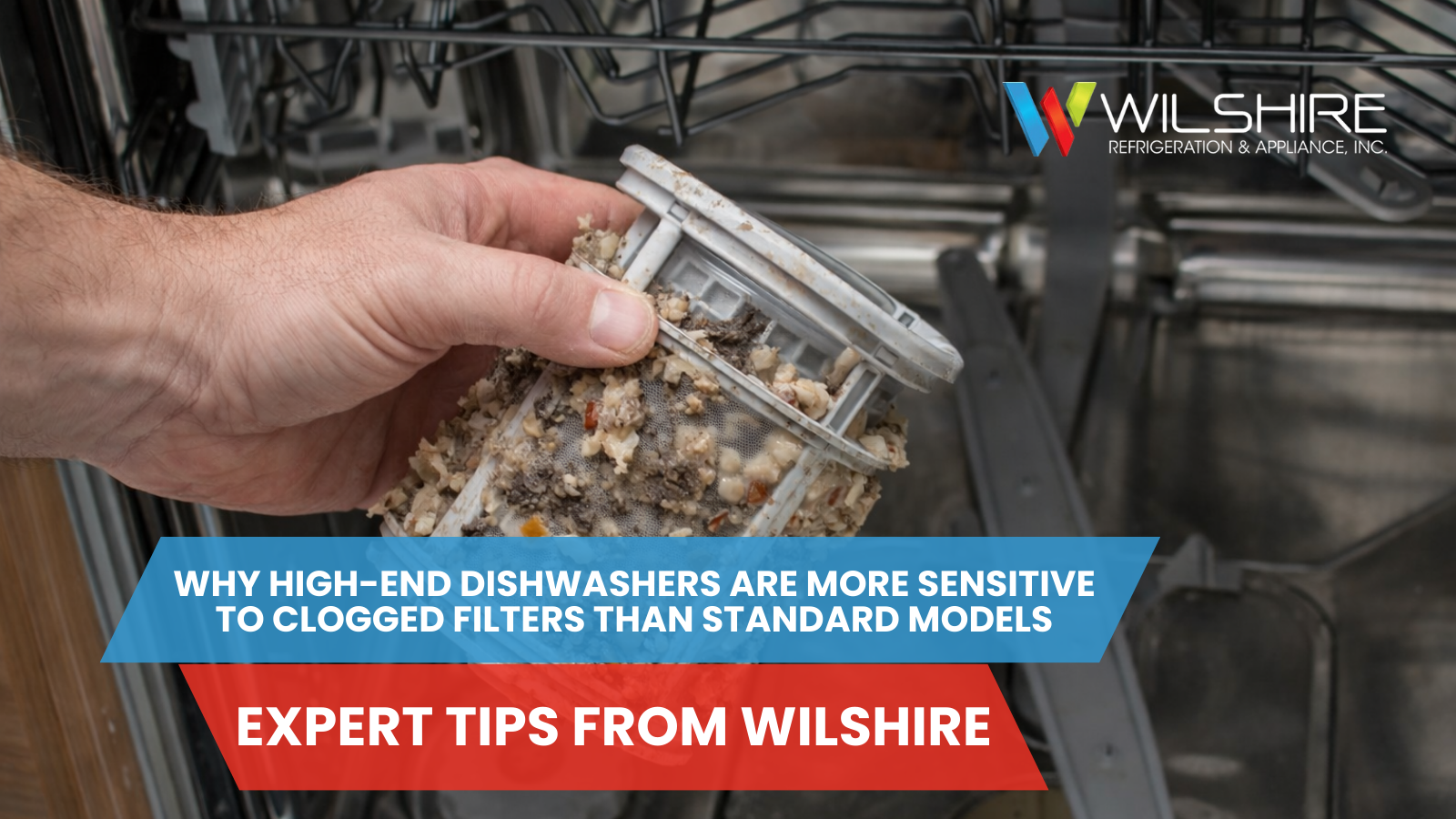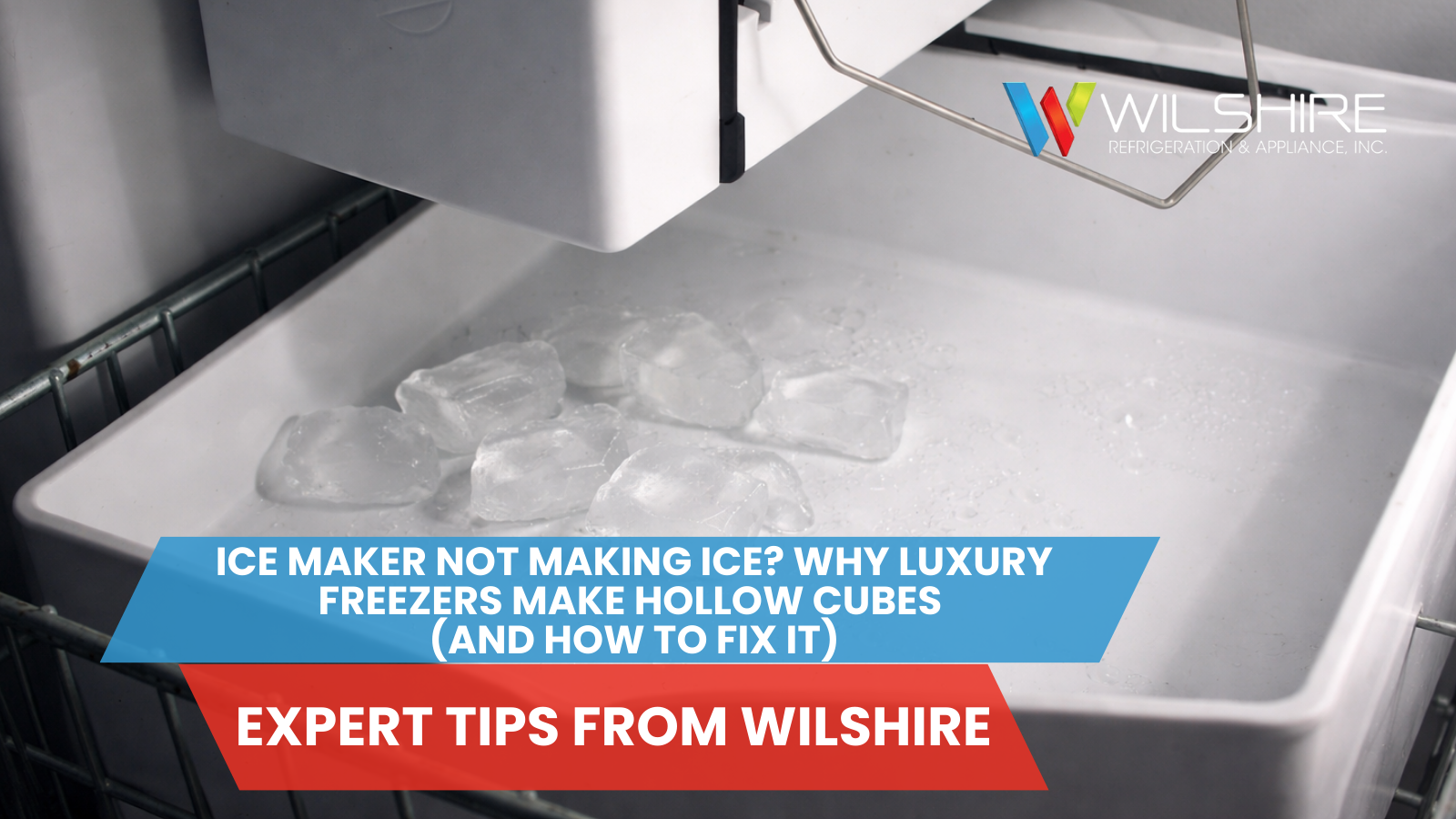The lifespan of a refrigerator varies based on different factors. In general, you can expect your fridge to last anywhere from 10 to 18 years. According a Consumer Reports survey in 2018, most manufacturers said their appliances were designed to last 10 years. The National Association of Home Builders has said the average life of a refrigerator is 13 years, but it can vary depending on the type of refrigerator, its size, brand, and usage and maintenance habits. Another perspective puts the average life expectancy at 14 years, with a 4-12 year operating life for compact units.
Averages don’t necessarily mean that just because your fridge is 10 or 13 years old, it is about to give out. A well-maintained refrigerator lasting up to 20 years is not unheard of. The following factors can impact the time your appliance may have:
- Type and Quality: Full-size fridges generally last longer than compact ones, while high-end models, with top-of-the-line parts, typically do as well.
- Usage: Proper use is the key to a longer-lasting refrigerator. If the unit is overfilled or underfilled, vents are blocked, or the fridge is placed near a sunny window or in the garage, it may not last as long.
- Maintenance and Repairs: Maintaining your refrigerator properly and avoiding neglect can extend its life. If repairs are completed with quality OEM parts and by trained technicians, it can easily last longer.
Ways to Make Your Refrigerator Last Longer
Taking proactive steps can add perhaps several years to your refrigerator’s life. These include:
- Providing Adequate Clearance: Airflow should be unimpeded on all sides, unless your fridge is front-ventilated or labeled zero-clearance. It’s generally a bad idea to place large objects on top of the appliance. There should be an inch of clearance between it and nearby cabinets and counters, to allow for proper air circulation.
- Clean the Condenser Coils: Remove accumulated dirt, dust, and pet hair with a duster or vacuum with a hose attachment (after unplugging the refrigerator). The condenser coils are located either on the bottom behind a removable plate or grate, or in the back. Dirty condenser coils prevent the fridge from cooling properly; they can waste energy and increase the rate of wear.
- Keep the Door Seals Clean: You can extend the life of your refrigerator by regularly cleaning the door gasket. This should be done twice a year. Warm water is often enough to remove residue from the seal. If you see any tears or the gasket is loose, the appliance will have to work harder; replacing the seal can resolve this. A good test is to close the door with a dollar bill inserted—a bad seal will cause the bill to slide or fall out.
You can also maintain door seals by adding lubrication, which can keep them elastic and prevent tears.
- Clear Vent Blockages: The vents inside your fridge circulate cold air. If dust, dirt, food, or liquid blocks them, cool air won’t be distributed effectively. Inspect the vents often and wipe away any blockages with a warm, wet rag.
- Level the Unit: If the appliance easily tips, this can strain the motor. Using a leveler, check whether any adjustments are needed. If so, you can adjust the fridge’s feet until it is level.
Call Wilshire Refrigeration & Appliance to Service Your Fridge
Serving Southern California and Las Vegas, we are factory certified to install, repair, and maintain Sub-Zero refrigerators. Our technicians can address any issue. We’re also serious about educating customers on how to properly use and care for their refrigerators and other appliances. Call 800-427-3653 or request service online today!




